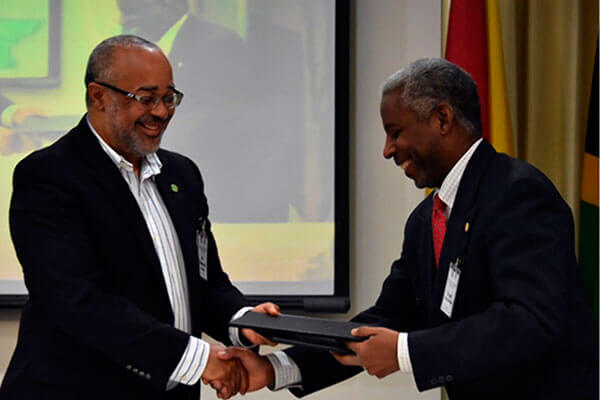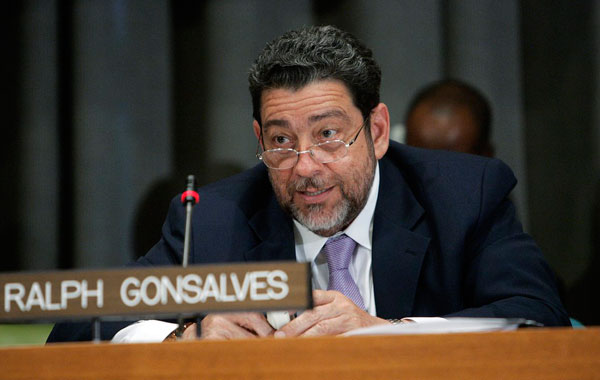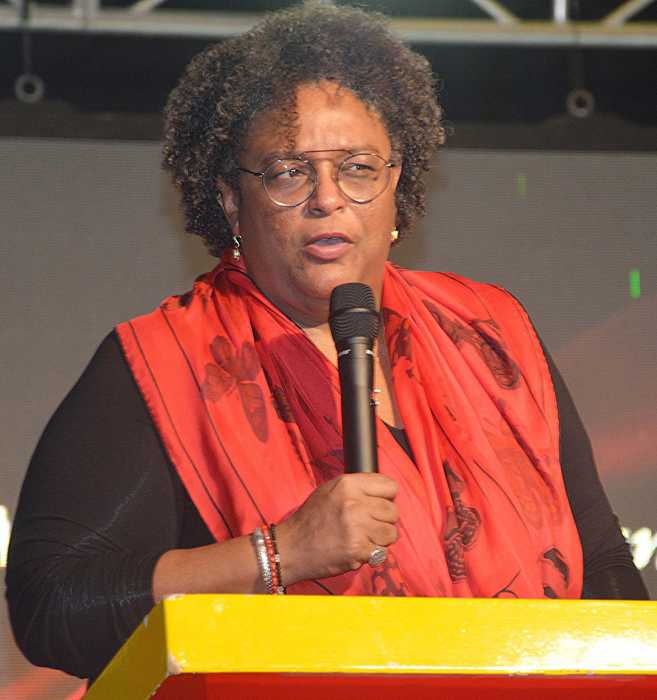TORTOLA, BVI: An agreement between the Organisation of Eastern Caribbean States (OECS) and the Caribbean Telecommunications Union (CTU) promises to deepen collaboration between the institutions in leveraging information and communications technology to support development in the sub-region.
Speaking at the signing ceremony in Tortola, British Virgin Islands on Sept. 30, representatives from both organizations expressed confidence that the formalization of their collaborative relationship would redound to the benefit of their member states.
“This agreement will allow us to converge our efforts and expertise and multiply the output of our shared objectives,” said Dr. Didacus Jules, director general of the OECS Commission.
“The CTU has an unrivaled track record as an actioned-oriented organization and as the region’s premiere telecommunications body. We are looking forward to collaborating more closely with them to develop strategies and practical initiatives to promote the interest and advancement of OECS member states through the effective use of information and communication technologies (ICT),” Jules added.
Nigel Cassimire, speaking on behalf of the CTU Secretary General, Bernadette Lewis stated “The CTU has a long history of supporting the sub-region in areas that include telecommunications policy formulation, spectrum management, internet exchange point proliferation, technical capacity building and public education on the development opportunities ICTs presents. We fully expect our work in the sub-region to be strengthened by this agreement.”
The OECS is an international treaty organisation whose membership comprises Antigua and Barbuda, Commonwealth of Dominica, Grenada, Montserrat, St. Kitts and Nevis, St. Lucia, and St.. Vincent and the Grenadines, Anguilla, the British Virgin Islands and Martinique are associate members of the OECS.
The CTU is an inter-governmental organization, established by Caribbean Community (CARICOM) heads, with a mandate to facilitate development and the formulation of policies for the region’s information and communication technologies (ICT) sector. It has 20 regional state members, including all the OECS countries, as well as private sector and civil society members.



























